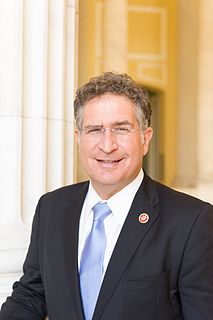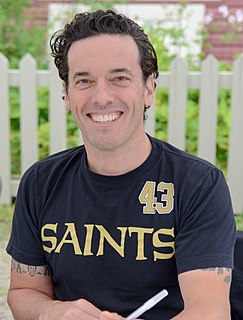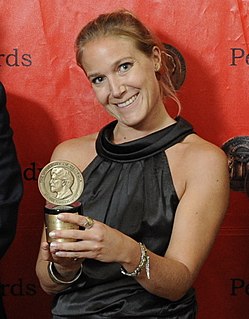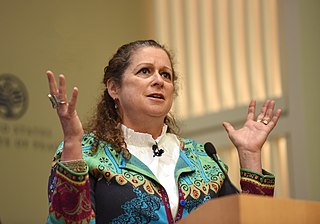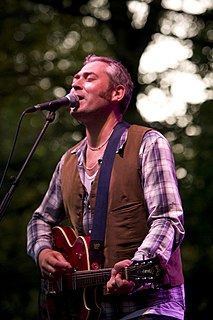A Quote by Joe Garcia
I think what we have to do is speak about the issues and speak about my record.
Related Quotes
I write and speak about personal and spiritual growth. One week I write about illness and another week I speak about relationships and another week I write about work and money and another week I speak to people with obesity issues. I write about whatever wounds seem to cry out for more enlightened solutions, and the love that heals them all.
I am really passionate about transparency and trans rights issues, so I embrace these opportunities to speak. I try to stay in touch with those who are prominent in both the trans and transparency movements, but more often than not, I am speaking out on a particular issue on my own. I certainly hope that people listen to me and think about these issues. But regardless of whether I had a public venue to speak in, I would still be passionate about them.
When we speak about wisdom, we are speaking about Christ. When we speak about virtue, we are speaking about Christ. When we speak about justice, we are speaking about Christ. When we speak about peace, we are speaking about Christ. When we speak about truth and life and redemption, we are speaking about Christ.
I think the desire to be a journalist started post-911. I'm Syrian American. I speak fluent Arabic. I'd come back to the States for college. I went to Skidmore in upstate New York. I was coming from Turkey, and I'd noticed that I could talk about concepts and ideas and people who seemed foreign to Americans, and they were interested in what I had to say. I think some of it is maybe because I'm very unassuming and I look American, but I'm very much from there as well so I can speak with authority about all of these issues.
When I see a movie, the music often gets in the way for me. It's something that, say, for myself and Claire, we never, ever speak about. We never speak about describing emotion. I think it's about color and movement. And I think it's important to let the images be the melody, as well, a lot of the time - to create a kind of a backing for that, to let it sing.
We're painting the same people all our life - it's just the way we look at them that changes. If you experience trauma, you can speak about it in so many different ways. You can speak about landscape, you can speak about your food; it's always different. Trauma is the beginning of life as an artist.
I'm trying to see if I can speak about our society today, but I cannot speak about the theme, because it's a bit difficult. I'm just starting to work on that. Because we live in a kind of world which has drastically changed in the last years. We speak about globalization, and how it's become the reason for everything. It has a kind of deep meaning. To be everywhere and to be nowhere at the same time. You think to globalize, you think, the Earth, it's your country. No, it's not your country. It's not easy to catch it in a cinema. It's too huge.
